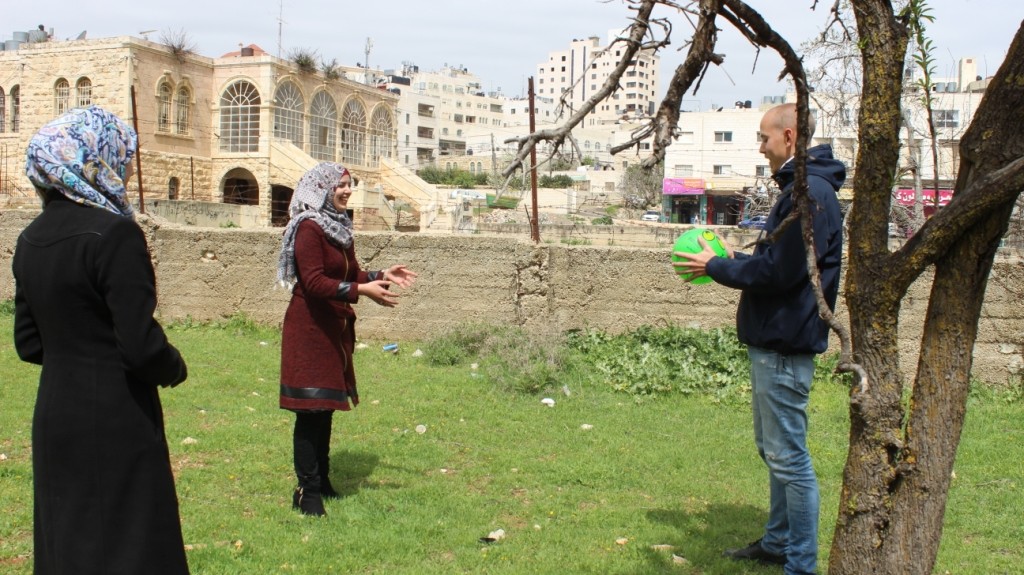 Conducting research in Palestine can be fruitful and fun. The setting provides a unique and richly rewarding place to conduct research, but forward planning and careful consideration must be employed. Of course, going about it can depend on the kind of research that you want to do. Whatever kind of research you’re doing – qualitative or quantifiable – it is important to approach your research anthropologically as it is most likely that you will be interacting with people, situations, places, and of course history.
Conducting research in Palestine can be fruitful and fun. The setting provides a unique and richly rewarding place to conduct research, but forward planning and careful consideration must be employed. Of course, going about it can depend on the kind of research that you want to do. Whatever kind of research you’re doing – qualitative or quantifiable – it is important to approach your research anthropologically as it is most likely that you will be interacting with people, situations, places, and of course history.
It is thus crucial to learn at least some Arabic before coming to conduct research in Palestine, to at least basic conversational level. If you haven’t learnt Arabic before this can be challenging, and it is recommended that you attend a class in standard Arabic at home before making your journey and conducting your research. You can also study Arabic in Palestine before you start conducting research in Palestine. Of course, the more you talk to people, and the more time you take to learn the language whilst over here, the more rewarding your research will be. Be open to conversation and carry a notebook with you at all times to note down new words that could benefit your research as it grows and continues.
The question should be posed: What kind of research would you like to conduct whilst in the region? Tailor your Arabic vocabulary accordingly and be mindful of local customs and practices. For instance, if your project is film or photography based then learn the phrase for, ‘May I take a photo?’ For this kind of research, as indeed with any research undertaken, always be mindful of your surroundings and take care not of offend or impose upon local people. Palestine is a beautiful setting for film and photography, but as with anywhere sensitivity should be observed. If you are making a film, ensure that you have the appropriate permission forms with you.
For linguistic research in language learning, it is recommended that you come to Palestine to work or volunteer as an English teacher at a place such as The Excellence Center. Here you can engage with students and engage them in your research. Studying how learners of English as a foreign language acquire it can be fascinating, and provide an insight into how the lingual brain works. If you need to issue questionnaires for your research, check that the correct English (and Arabic if necessary) is being used. If you have no prior training as an English teacher, make sure that you are clued up on English grammar and how to use it (this may seem obvious, but often in English we are not instructed in our own grammar). The Excellence Center is a great place to start on this adventure.
In acquiring historical/political/social data, sensitivity and research are again key. Be sure to gain knowledge of the places that you wish to go to, and of course the local customs. Always bear local etiquette in mind, and do research into Islam and its practices if you are not knowledgeable about it already. For instance, at the time that this article is being written it is Ramadan, so it is not polite to the local people to eat, drink or smoke in the street. These practices must be done in private. Dress modestly at all times, particularly when visiting religious sites, and as usual acquiring of the Arabic language is key.


